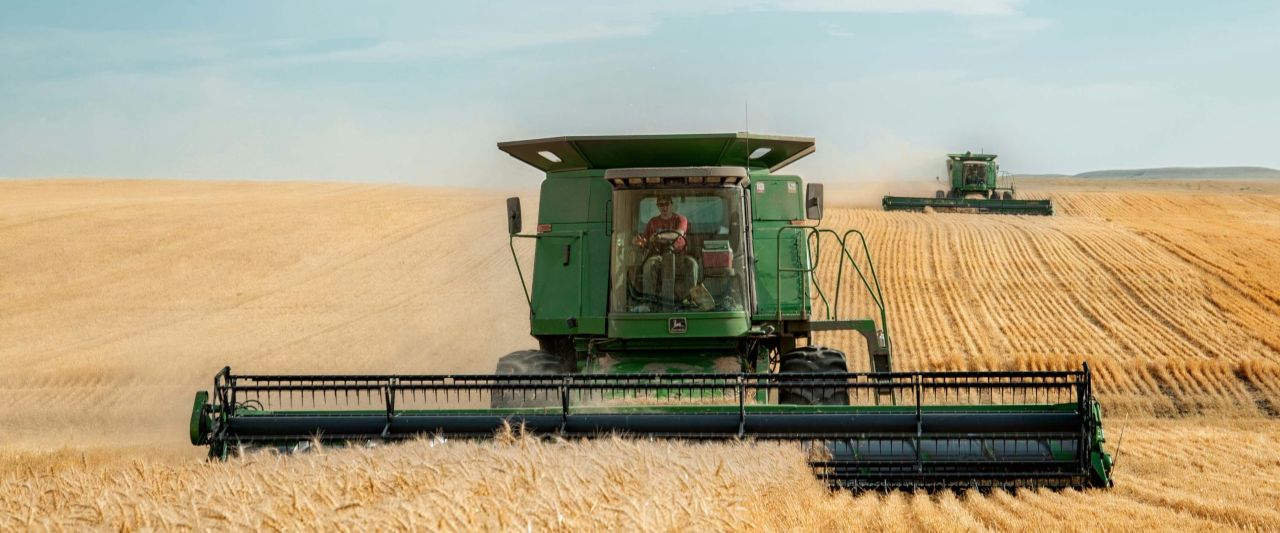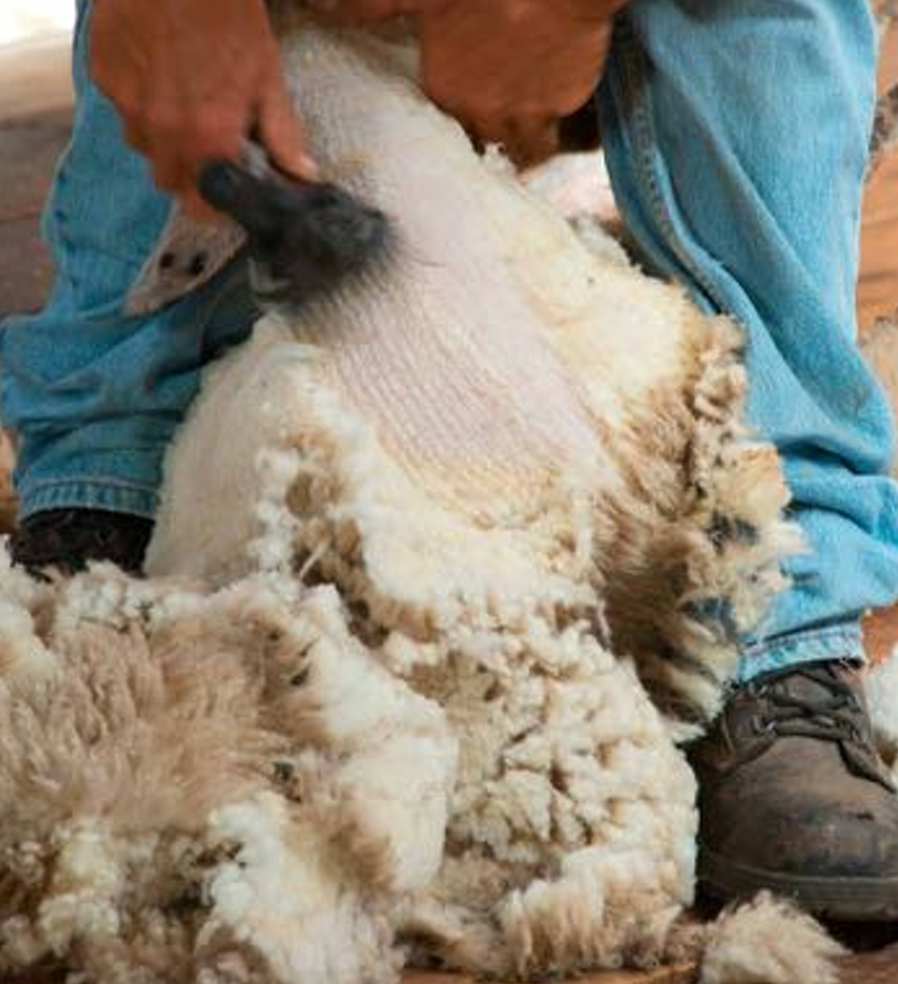New report warns farm labour shortages will deepen
Kristin Murdock
20 November 2025, 1:40 AM

While harvest is in full swing across the broadacre cropping areas of the Western Plains, the ongoing search for farm labour continues to be a problem.
In a recent report, the National Farmers’ Federation (NFF) said persistent worker shortages remain one of the largest constraints on agricultural productivity, stressing that a stable and skilled workforce underpins the viability of the entire sector.
“Agriculture faces persistent and acute workforce pressures that must be addressed if the sector is to remain strong, viable and productive,” said Michael Pyers, NFF General Manager of Workplace Relations and Legal Affairs.
Mr Pyers said farm businesses “consistently have trouble hiring for both skilled and unskilled roles,” and noted shortages are particularly severe in seasonal industries such as horticulture, where labour demand peaks sharply and unpredictably.”
The latest report from NFF confirms the findings made by the McKell Institute in 2023 which said that in the following five years, regional NSW would head into an era of “acute skills and labour shortages,” with some areas at risk of becoming full-blown “skills deserts.”
The NFF’s comments formed part of its assessment of the Jobs and Skills Roadmap for Regional Australia – Phase 1 Report, but while the Federation supports the vision of the roadmap, it argues the specific needs of agriculture must be embedded in Phase 2, calling out five key problem areas: persistent labour shortages, skills and training gaps, barriers to workforce participation, migration and visa complexity, and the need to improve the attractiveness of agricultural careers.
NSW Farmers echoed these concerns in April 2025, calling for “common-sense workforce and regulatory reforms” to help agricultural businesses secure the labour they need.
NSW Farmers President Xavier Martin said agricultural operations depend on “a consistent and suitably skilled workforce,” and urged political leaders to act decisively.
He highlighted the need for an expanded AgCAREERSTART program, greater support for graduate veterinarians in regional areas, and broader initiatives to train future farm communities.
Mr Martin also pointed to liveability as a critical factor: investment in worker accommodation and regional infrastructure is essential for attracting and retaining staff.
“Workplace regulations must support productivity, not inhibit it. Compliance processes need to be streamlined so farmers can focus on running their businesses efficiently,” he said.

The seasonal nature of farm jobs such as shearing, harvest and fruit picking is an issue affecting obaining farm workers, due to the short term nature of the tasks.
Mr Martin added that improvements to migration pathways, including streamlined visa processing and retaining specified work requirements for working holiday makers, were vital for filling roles not met by the domestic workforce.
The NSW Government’s AgSkilled initiative aims to give more farmers, producers, and workers access to training that meets the needs of a fast-changing industry, from mastering on-farm technology to improving safety, sustainability, and productivity.
In one year, the program delivered training to more than 2,300 participants across 188 regional locations.
A quarter of all participants were under 25 and a quarter were women, indicating early success in drawing new entrants into the sector.
The program runs until mid-2026.
In Narrabri, Bellevue Pastoral Co have staff who have undertaken AgSkilled-funded training across first aid, truck licensing and chemical use.
"AgSkilled has been a valuable investment in our people and me."
"The training has helped improve safety, build capability, and support career development across our team,” Elizabeth Smart from Bellevue Pastoral Co said.
"We're seeing the benefits of AgSkilled not just on our properties but in the broader community. It supports productivity and gives our workers confidence and expertise."
Taken together, the McKell analysis, NFF warnings, NSW Farmers’ calls and the Government’s AgSkilled investment show a sector trying to fight the same battle from multiple fronts: attracting workers, keeping them, and equipping them with the skills regional NSW agriculture desperately needs.
But as industry groups claim, there is a lot more to be done.
“These shortages are dragging down productivity rates, increasing costs for farm businesses, and ultimately, hampering food supply chains,” Mr Pyers said.

